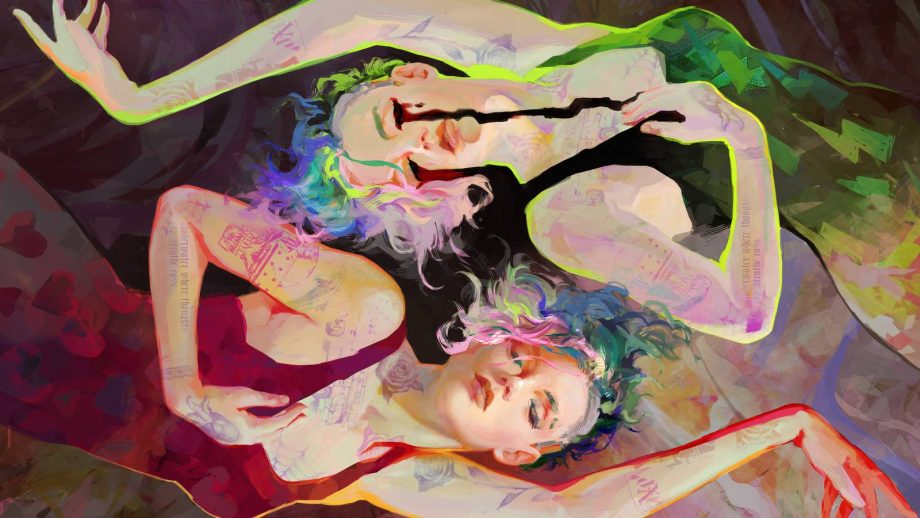This article contains major spoilers for Cyberpunk 2077.
Cyberpunk 2077 has a strong roster of well-written and compelling characters, but one specific trio brings some of the game’s very best stories to life. Judy Alvarez, Panam Palmer, and Rogue Amendiares serve as three central characters in Cyberpunk 2077, and their presence in the narrative challenges the traditional femme fatale trope often found in noir stories.
Themes like corruption, moral gray areas, and a cynical view of human nature in an unforgiving society are essential to noir, and they’re front and center throughout Cyberpunk 2077’s story. Yet, while there are plenty of tropes within the genre, one of the most notable is the femme fatale. Femme fatales have become one of the main defining aspects of noir over the years. Traditionally, femme fatales use their sexuality as a tool to achieve their goals, but Cyberpunk 2077 flips the trope on its head by muddying the definition, making the concept even more compelling.
The Main Features of a Femme Fatale
- Independence
- Sex appeal
- Dangerous
- Ambitious
- Mysterious
- Opportunistic
- Charming
- Manipulative
- A troubled or traumatic past
In Cyberpunk 2077, Judy is a character V meets early on in the game, as Evelyn Parker introduces the two. An incredibly skilled braindance editor and free spirit, Judy doesn’t let her own brilliance get to her head. She prefers a life of independence over working for a corporation, despite having the skillset to get hired immediately.
One of the most prominent character traits in Judy that resonates most with the femme fatale label is independence. Her reluctance to accept Evelyn’s offer is the norm for her, as she tries to avoid any job that comes her way. However, Evelyn’s promise of a life free from work after this favor entices her to accept. Judy is ready to leave Night City, and Evelyn’s job is one of the few exit doors she’s able to find. This plays into the opportunistic traits of the femme fatale. When it comes to sex appeal, female V players can romance Judy, but her sexuality isn’t used as a tool, as it’s a way to demonstrate Judy’s trust in V, which goes against the trope. Her strong-willed independence makes her a great asset, but she also shares the tragic qualities of the archetype, as well.
Judy’s life is defined by loss. After her childhood home in Laguna Bend was bought by a corporation, she and her family were forced to move to Night City. This sudden uprooting of her life gave her a deep sense of distrust, and after her family eventually left the crime-riddled metropolis, she was all alone. Meeting Judy sets into motion another major tragedy in her life. V and Evelyn’s heist goes sideways, ending with the kidnapping, rape, and eventual suicide of Evelyn, marking Judy’s time in Night City with even more trauma.
Panam Palmer: Fire Beats Ice
V crosses paths with Panam in Act 2 of Cyberpunk 2077, and some of her defining aspects are a complicated past with the Aldecaldos nomads, the desire for independence, and recklessness. Her temper can get in her own way, but she is ultimately motivated to ensure freedom from corporate overreach, which is far easier said than done in Night City.
The mix of a complicated past, her desire for independence, and a dangerous line of work makes her a fascinating character, but she doesn’t always fit the femme fatale mold. Her hot-headed nature is seen during her interactions with Rogue and is further made clear by the rocky history she has with her chosen family, the Aldecaldos. This doesn’t necessarily match with the cool demeanor that many femme fatales have, but her headstrong personality and determined goals still keep her within the trope. A male V can romance Panam, but the interaction is more emotionally vulnerable than what is common in noir, much like with Judy’s romance.










